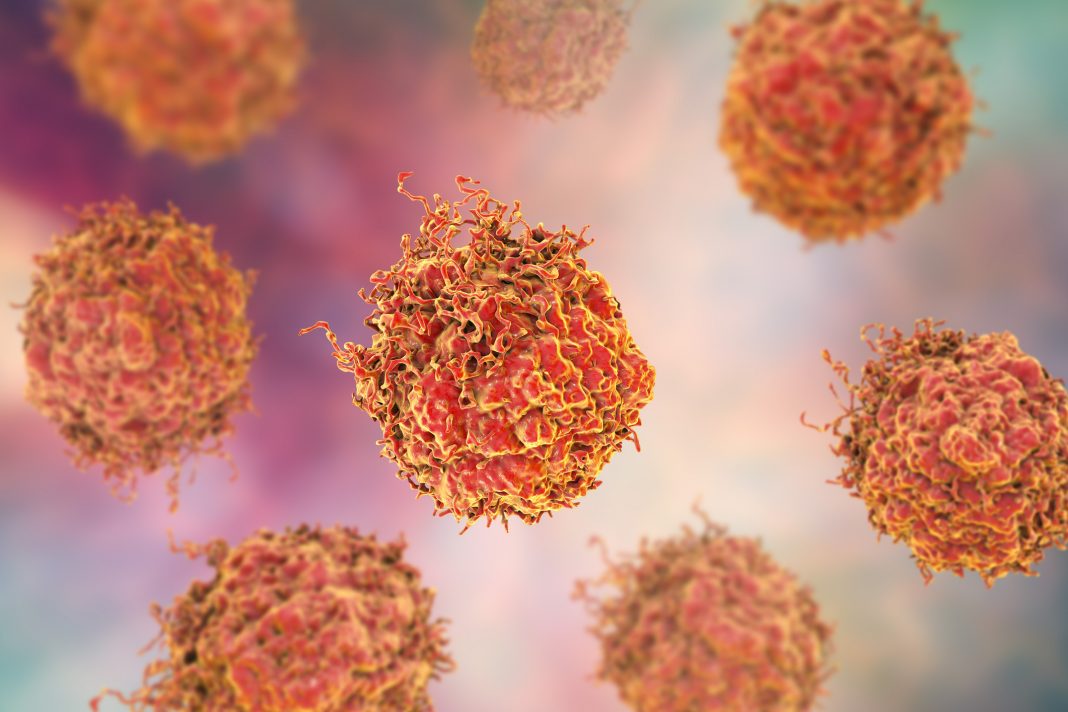The main driver of treatment-resistant prostate cancer, the androgen receptor (AR), has been fought directly, but to little effect. When starved of androgens, AR quickly adapts, surviving under castration levels of its ligands. Targeting AR with antiandrogens such as enzalutamide provides only a modest survival benefit. Despite these direct attacks, AR can find a way to continue facilitating the alternative gene expression patterns that sustain prostate cancer.
If direct attacks keep failing, scientists at the University of Pennsylvania reasoned, perhaps an indirect attack would work better. The scientists, led by Irfan A. Asangani, PhD, assistant professor of cancer biology, decided to take on MED1, a known transcriptional co-activator of AR. By neutralizing MED1, the scientists would deprive AR of its transcriptional henchman.
Ultimately, the scientists realized that they could resort to a doubly indirect attack on AR. They found that they could inhibit a cyclin-dependent kinase, CDK7, that is needed to activate MED1. Since the inhibition of CDK7 depends on yet another molecule, THZ1, it could be argued that Asangani and colleagues settled on an approach that is triply indirect.
Details of how the scientists arranged their sequence of falling dominoes appeared online August 29 in Cancer Discovery, in an article titled, “CDK7 inhibition suppresses Castration-Resistant Prostate Cancer through MED1 inactivation.” This article describes how the scientists exploited the molecular mechanism underlying the association between MED1 and AR. This mechanism, the scientists realized, is a key vulnerability in AR-driven castration-resistant prostate cancer (CRPC).
“MED1 undergoes CDK7-dependent phosphorylation at T1457 and physically engages AR at super-enhancer sites, and is essential for AR-mediated transcription,” the article’s authors wrote. “Additionally, a CDK7-specific inhibitor, THZ1, blunts AR-dependent neoplastic growth by blocking AR/MED1 co-recruitment genome-wide, as well as reverses the hyper-phosphorylated MED1 associated enzalutamide resistant phenotype.”
In the laboratory, the scientists reported, THZ1 turns off CDK7 and leads to the death of CRPC cells. The scientists also indicated that THZ1 “induces tumor regression of AR-amplified castration-resistant human prostate cancer in a xenograft mouse model.” Researchers also saw very limited off-target effects of their approach, since healthy cells have redundancies in place to deal with the loss of MED1, meaning only the cancer cells end up dying off.
“We know that AR does not work alone,” said Asangani. “It needs MED1 as its partner. Our study found a way to turn off MED1, leaving AR without its co-pilot, which means the cancer cannot grow and the cells eventually die.”
“Our theory is that these cancer cells are addicted to MED1 and AR, whereas other cells are not,” he continued. “So, we’re essentially cutting them off from their addiction.”
“We demonstrate,” the authors of the Cancer Discovery article concluded, “that CDK7 inhibition selectively targets MED1-mediated, AR-dependent oncogenic transcriptional amplification, thus representing a potential new approach for the treatment of CRPC.” CDK7 inhibitors are already being tested in Phase I trials for other cancers—including leukemia, lung cancer, glioblastoma, and breast cancer. In the current study, Asangani and colleagues provide a rationale for testing CDK7 inhibitors in CRPC.






